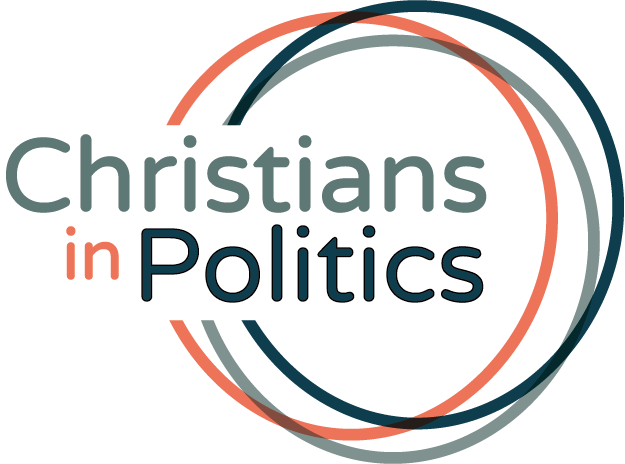Political parties increasingly do “do God”
On a muggy evening in South London, a packed out crowd at the Oasis Centre (along with 15,000 online) came to hear the latest matchup between Owen Smith and Jeremy Corby, as both battle it out to be leader of Her Majesty’s Opposition.
This particular debate, however, had a twist. Organised by the Good Faith Partnership, in association with Christians on the Left, The Jewish Labour Movement and Sikhs For Labour, this evening was all about how Labour related to faith.
Although Alistair Campbell now claims his infamous quip “we don’t do God” was taken out of context, the phrase has plagued Labour – and indeed politics as a whole – for the last decade. Addressing this elephant in the room, both Corbyn and Smith were keen to emphasise the important history faith, and in particular Christianity, has played in the formation and direction of the Labour Party. And indeed both also emphasised the ongoing importance of faith groups and churches in society: setting up foodbanks, tackling divisions and selflessly serving communities.
During the debate we also heard from a representative of each of the faith groups associated to Labour. Njoki Mahiaini, representing Christians on the Left, emphasised that she was a Christian first, and a Labour Party member second. This, she said, did not make her any less of a ‘team player’ but in fact her Christianity compelled her to act and get involved in politics.
While the debate between Corbyn and Smith rolled on, just over the river the Conservative Christian Fellowship was gathering in Parliament for its monthly event, Prayers for the Nation. The event, which is open to the public, included input and prayers from several MPs including Christians in Politics Chair, Gary Streeter MP. Focussing on a new season in politics, MPs led those in attendance in prayer for the new Prime Minister and cabinet. The monthly event demonstrates the important role faith has in the life of many of those seen as being on the 'inside' of politics, as well as the importance of prayers and encouragement from those on the 'outside'.
This week also saw the release of the Liberal Democrat Christian Fellowship’s annual magazine. Inside, Lib Dem leader Tim Farron talks at length about how it was his Christian faith and the call to love his neighbour that drew him into politics. In his opening remarks he says: “Love thy neighbour is something that, as a Christian, I take to heart. For me, it is an active thing: it’s not just thinking nice anaemic thoughts about others”.
And finally, new co-leader of the Green Party, Jonathan Bartley, who takes up his post alongside Caroline Lucas MP this week, sees yet another Christian leading in public life. Bartley, the founder of Ekklesia - a Christian think tank with a strong commitment to social justice and environmental issues - told Christian Today following his recent appointment, that "My faith is still what drives my politics. I have always been driven by that. I have always been driven by the desire to make the world a better place."
There is increasing evidence that political parties in the UK are not shying away from faith or people of faith having an active and pivotal role within them. The challenge is whether the Church and the Christian community will follow and encourage those paving the way into modern politics in order to love and serve their neighbour. As one person commented at last night's debate, “it isn’t faith and politics that don’t mix; it’s faith and apathy”
Other articles in the ‘party politics’ series:
The tragedy and possibility of joining a political party
I am a Christians and this is why I vote Conservative
I am a Christians and this is why I vote Green
